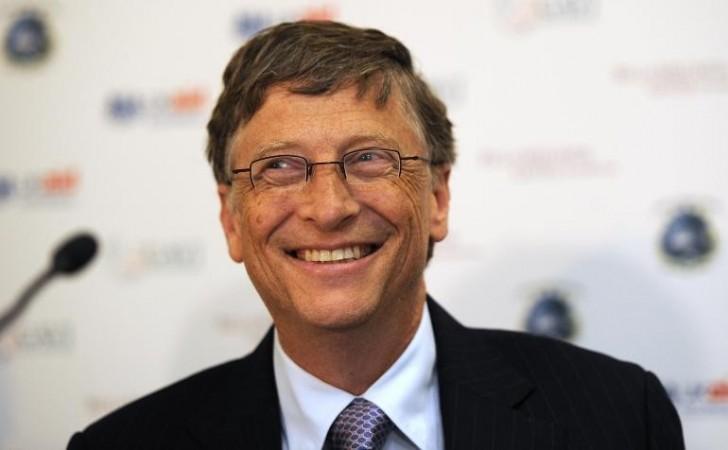
In a bid to eradicate the polio virus disease from the world, the Bill and Melinda Gates Foundation has pledged to donate $38 million to a Japanese pharmaceutical firm to manufacture a low-cost polio vaccine for use in 70 developing countries.
At a time when the world is progressing towards achieving polio-free status, experts say low and middle-income countries need to switch from the Oral Polio Vaccine (OPV) to an inactivated polio vaccine (IPV) so the paralysing disease doesn't reappear, according to the Reuters.
Gates Foundation head of global development Chris Elias was quoted by Reuters as saying that the main aim of the grants was to ensure that there is no shortage of vaccines to fight the polio virus anywhere in the world.
A majority of the countries are now making efforts to switch from OPV to IPV, which necessitates the production of IPV on a wider scale.
Japan-based Takeda Pharmaceuticals, which is to receive the funding, said in a statement it would utilise it to develop, license and distribute nearly 50 million doses of IPV per year for use in 70 developing countries, according to Reuters.
It also said the vaccines would be available at affordable prices in countries supported by the GAVI vaccines alliance, which was formed in 1999 with a $750 million grant from the Gates Foundation and is backed by the World Health Organisation and other bodies to fund immunisation programmes in poor countries.
The vaccine has already completed mid-stage clinical trials and will enter the final stage trial with the help of grants.
"The Gates' funding would enable this firm to de-risk the investment needed to take the IPV though final stage clinical trials, licensure, and then onto the market," Rajeev Venkayya, head of vaccines for Takeda, was quoted by Reuters as saying.
WHO reportedly said the world could be polio-free within a year.
It also said just nine cases of polio have been reported so far this year — seven were in Pakistan and two in Afghanistan. These were the cases of wild polio (naturally acquired polio) as opposed to the vaccine-derived cases.
The polio cases reported worldwide have declined 99 percent since 1988, when the global polio eradication initiative took off.
The polio virus targets the nervous system of children, leading to partial or complete paralysis of their limbs.

















